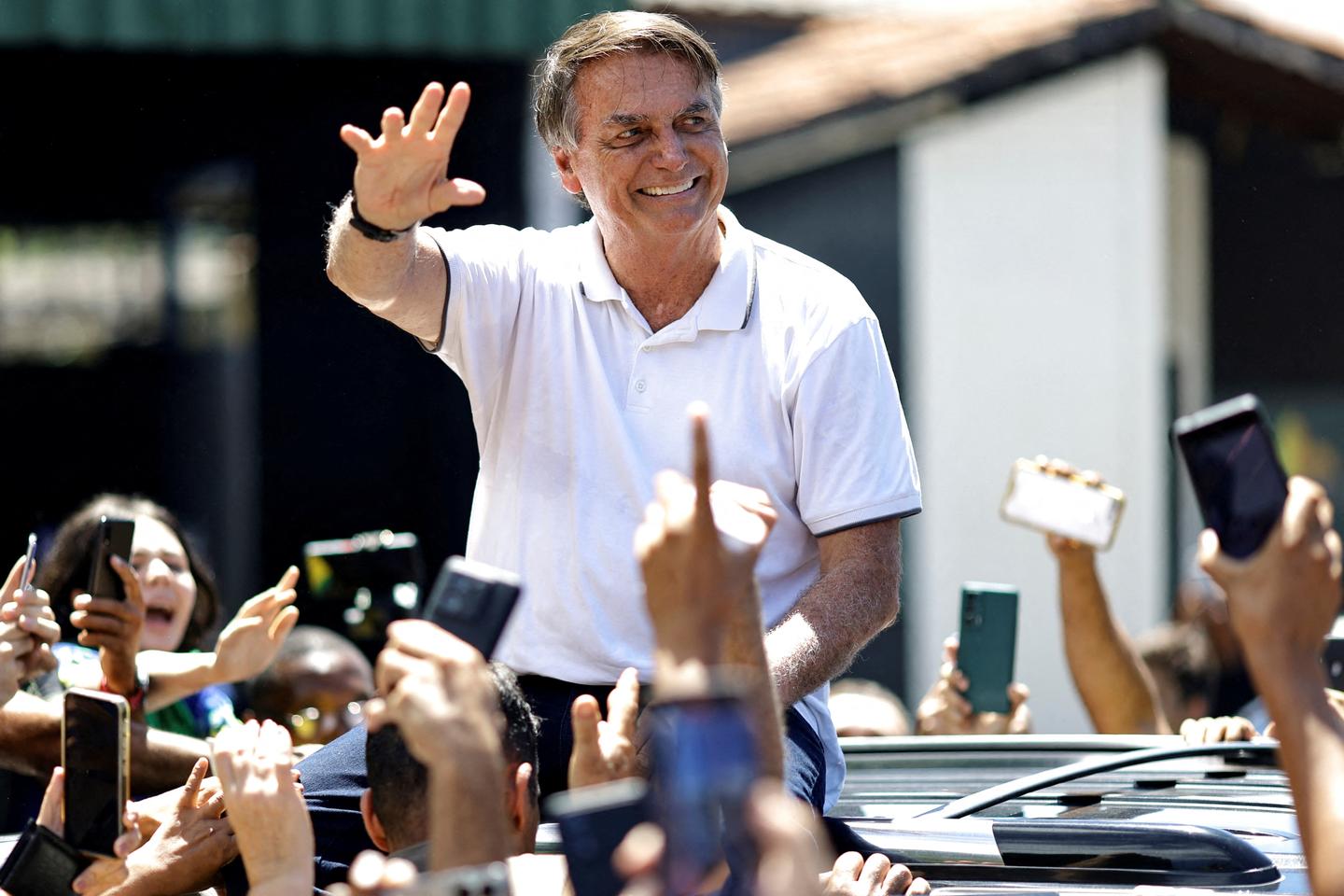


Jordan Bardella and Jair Bolsonaro have one thing in common: Their initials, "J.B." Yet that is not all they share. The 28-year-old Frenchman and his 69-year-old Brazilian counterpart both have Italian origins (from Piedmont in Bardella's case; Veneto for Bolsonaro), a tall stature, a meteoric rise to power and, above all, a a declared far-right political orientation.
One could emphasize everything that distinguishes the political histories and institutions of the two countries from each other, as well as the personalities of these two political animals. Yet at a time when the Rassemblement National (RN, far-right) threatens to prevail in France's parliamentary elections, it seems useful to recall the effects of far-right parties seizing power in other countries. The French situation has often been compared with those of nearby Western countries (Giorgia Meloni's Italy, Viktor Orban's Hungary) and more distant ones (Donald Trump's United States) – rarely, however, with the global South.
Widespread rejection
In many respects, France in 2024 resembles Brazil in 2018, the year of Bolsonaro's landslide presidential election victory, with 55.1% of the vote. Several similar phenomena are at work in these two very distant countries, which, however, are connected along 730 kilometers of border in French Guiana.
First, there's a widespread "dégagisme" – a repudiation of the political class currently in place – fueled by a rejection of the system. In 2018, Brazil was disenchanted with its young democracy, stricken by the economic crisis, corruption and insecurity. Captain Bolsonaro had a field day, portraying himself as a new man, a champion of justice and an anti-system candidate, despite having served seven successive terms as a member of parliament.
France and Brazil have looked for scapegoats, and found them. For Bolsonaro, who was elected with the support of the agribusiness-evangelicals-military trio, the enemies was an internal one, embodied by the "communists," the landless workers' movement, and LGBTQ+ and indigenous people. For Bardella, the heir to the Le Pen family, obsessed with the migratory "invasion" and the "Islamist threat," the peril would come from abroad. The two "J.Bs" have dominated the war of ideas through their command of social media platforms – WhatsApp for the Brazilian, TikTok for the Frenchman.
On both sides of the Atlantic, political barriers have been breached. Not only major media outlets, but also business leaders, such as Breton billionaire Vincent Bolloré in Paris and São Paulo-based retail magnate Abilio Diniz, have declared their support for the far right. This political orientation attracts large swathes of the working-class electorate, but also, and above all, the decisive lower-middle class, impoverished and socially downgraded. In 2018, Bolsonaro obtained around 63% of votes from that class, according to the Datafolha polling institute.
You have 51.9% of this article left to read. The rest is for subscribers only.
